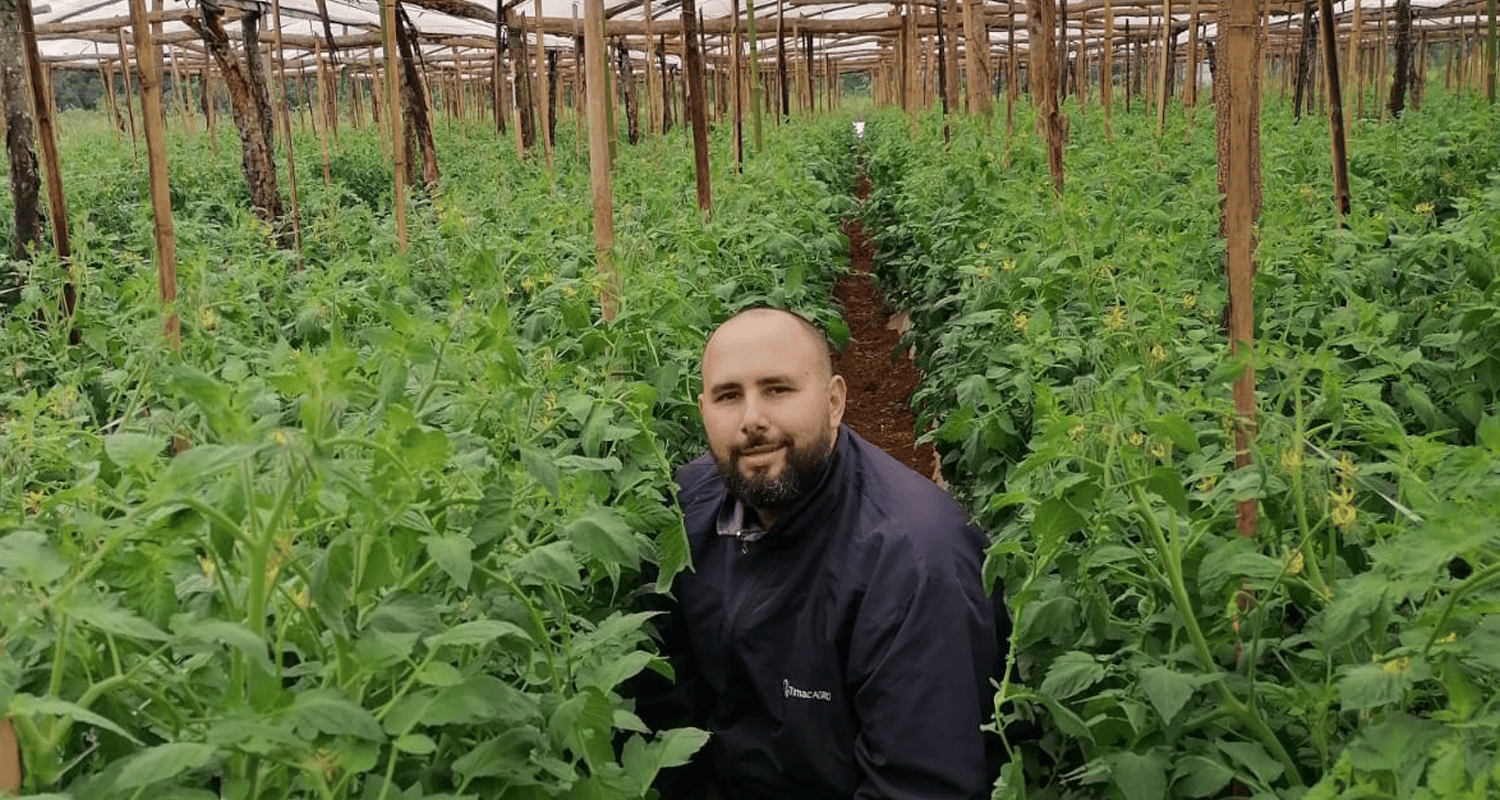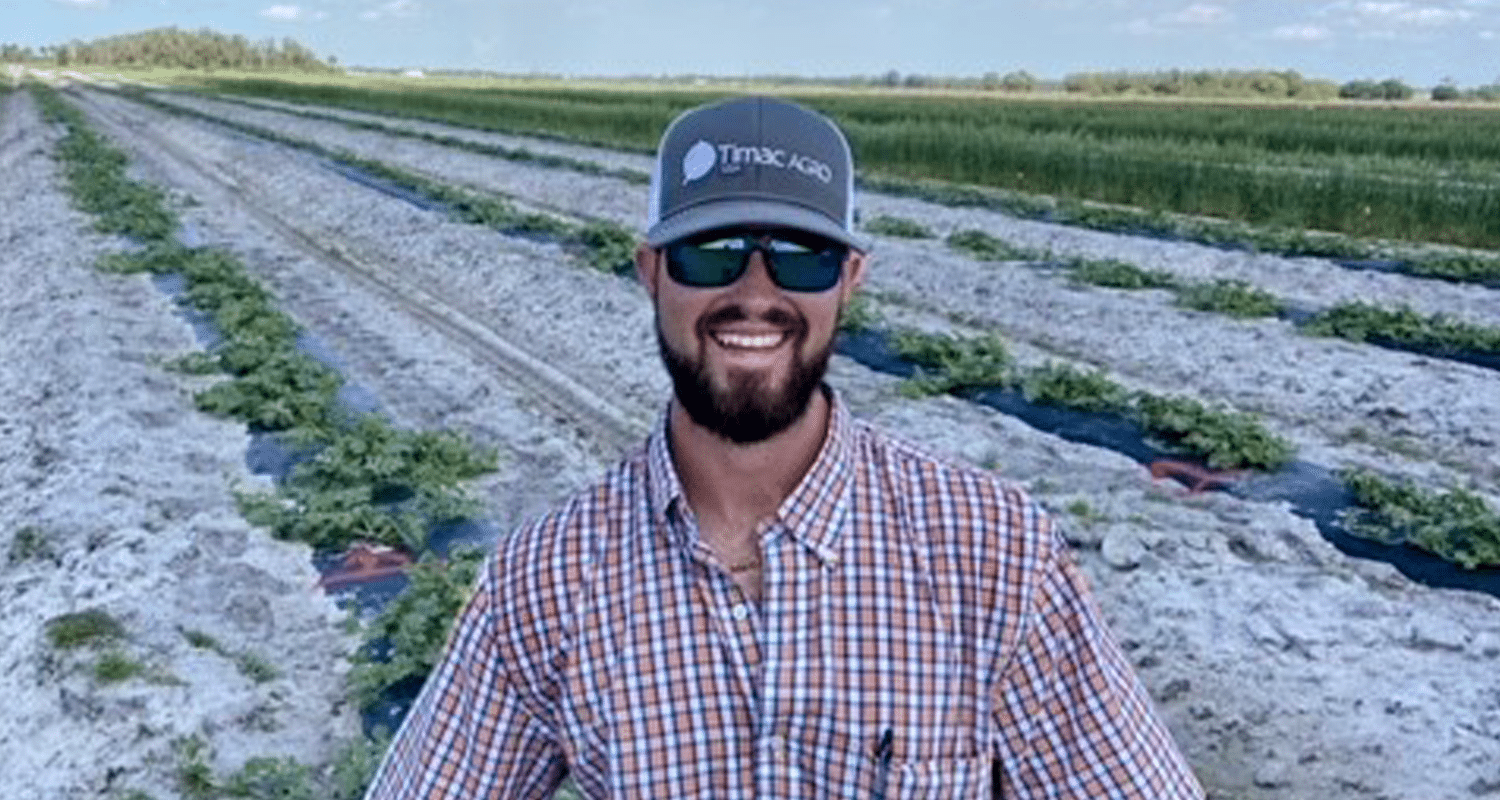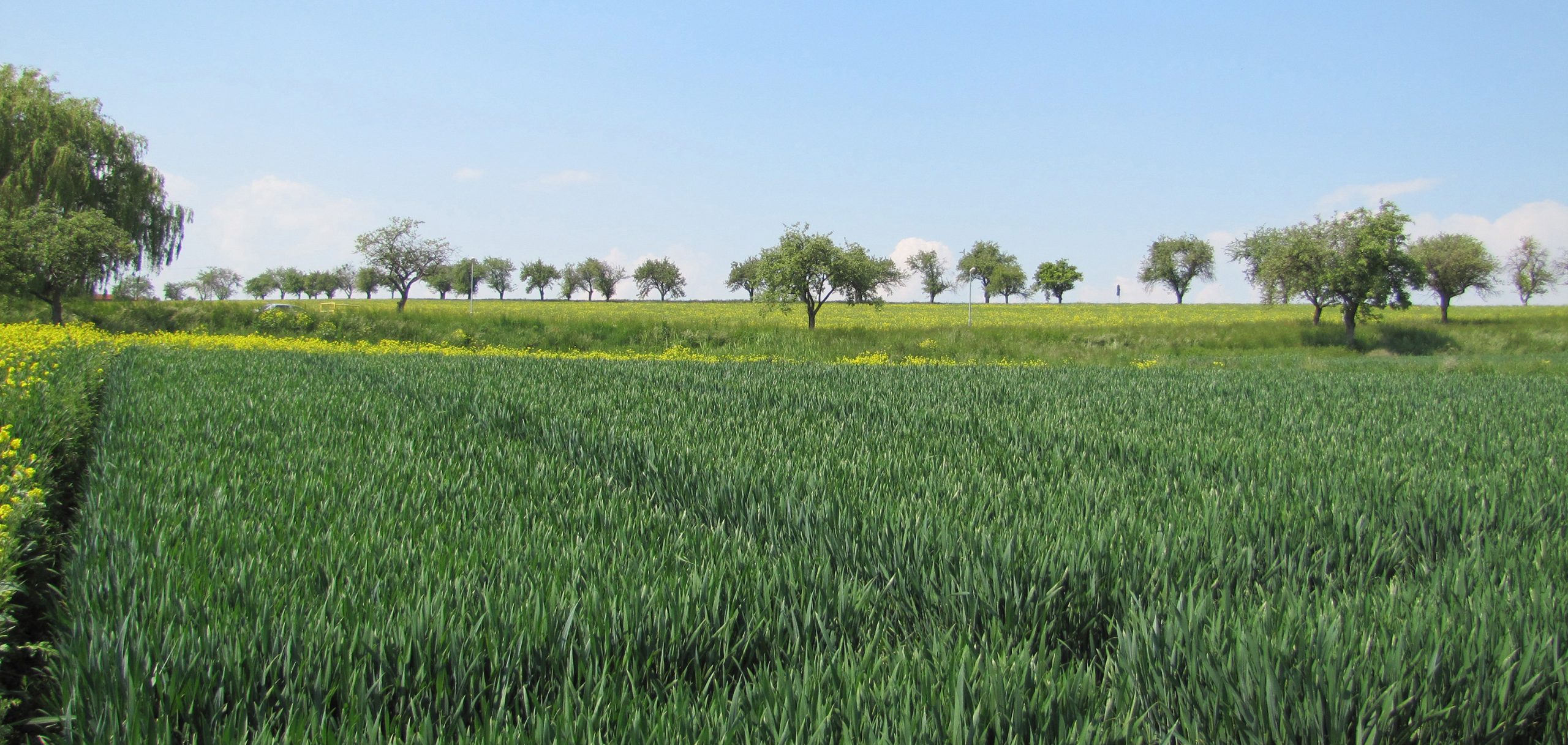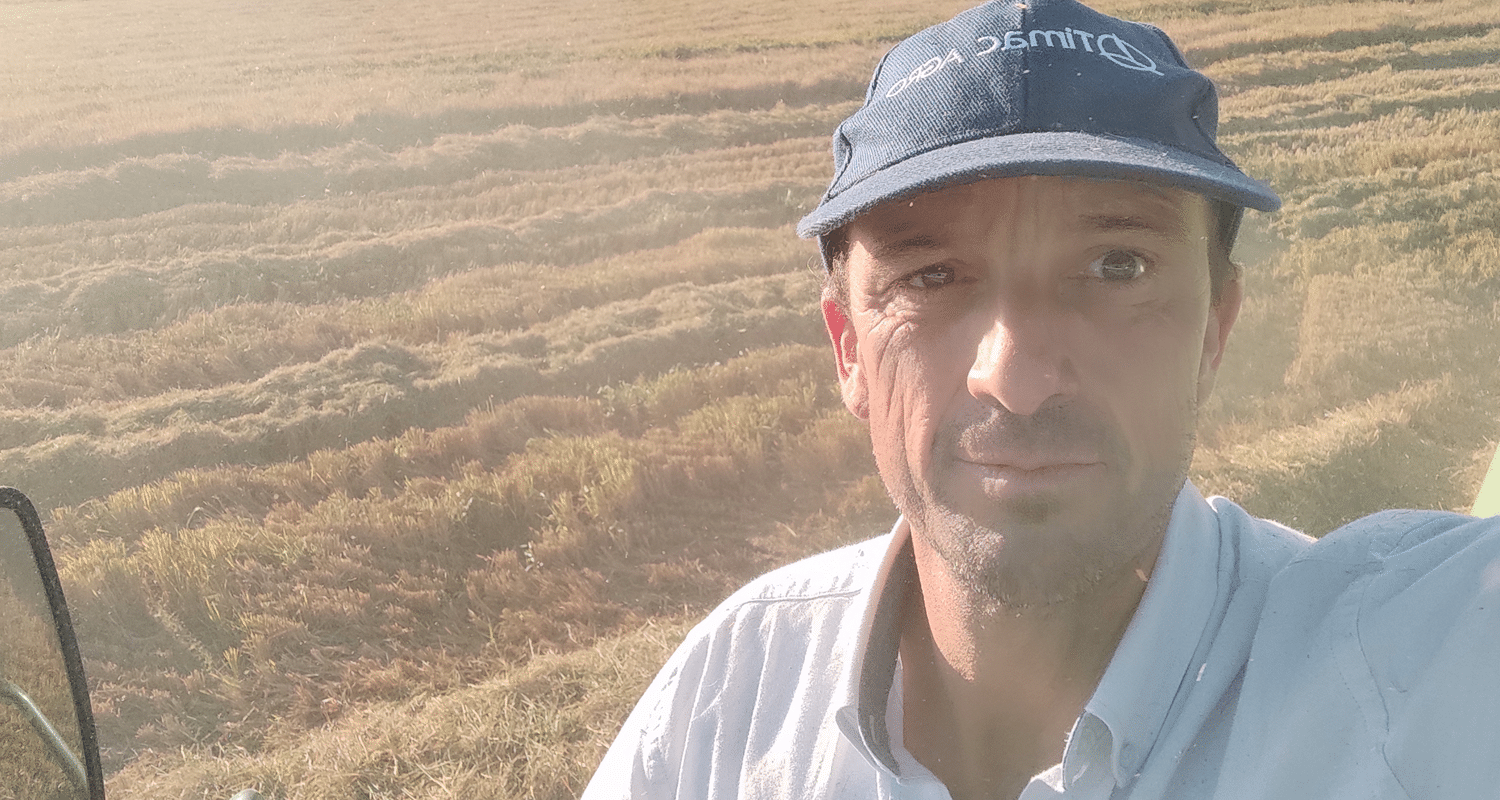In Paraguay, in an agricultural market in full development, the horticultural culture has particularly exploded these last years. Tomatoes, onions, potatoes and carrots: all of them are grown on more than 3500 hectares all over the country. These crops are essential to the country’s food supply. To accompany this quick and necessary market, TIMAC AGRO Paraguay representatives support the farmers with precise follow-ups: the integration of new technologies to increase the production and quality of the crops is done in a controlled way, according to the needs of each soil and farm. This is the experience of Arturo Horn, who is specialized in horticultural crops, and who has been a reference for many estates in their needs for higher yields and more quality to face the high demand.
Could you introduce yourself, what’s your career?
I am an agricultural engineer: I have been working in the industry for 9 years as a representative of TIMAC AGRO Paraguay. I work in the central region of the country, in the departments of Caaguazú, Guaira and part of Canindeyú.
How is it, to work in Paraguay?
In the departments of Caaguazú and Guaira, the soil is sandy-loamy, the average temperature is 22.5°C and the annual rainfall varies between 1,500 and 1,800 mm. In the department of Canindeyú, the average temperature is 23.5 °C and the annual precipitation is between 1,400 and 1,600 mm. Soils are generally loose, well aerated and not very fertile. The climate varies often, especially in summer, and we have storms causing huge damages, especially on farmers’ infrastructures. In addition to this special weather, the crops are very susceptible to diseases and pests, and with many crops produced on a single plot, there are usually problems with nematodes.
How do growers work?
Horticulturists in the region focus more on tomatoes and peppers, as these are the crops that generate the most income. They also grow watermelons, melons, cabbage and, to a lesser extent, hydroponic crops. They use basic fertilization with a low technological level: the precise use of our solutions quickly generates a change in their production and the plants’ health. The main problem for these growers is the quality of fertilization and crop planning.
How do you adapt your work to get good results in horticulture?
By changing the way we think and act. It has been difficult to change the way we work and improve our skills in the field with so many different crops, but day by day, we are getting better. We started with fertilizers that gave us immediate results, then with biostimulants. Now we are positioning water-soluble fertilizers, with which we have a rapid acceptance and differentiation in the market. Another differentiating element, and one of the most important ones I can think of, is that I am always imagining, looking for new solutions, being alert to new business opportunities in all crops. I don’t limit myself to the major cultures.
What have you learned from this experience and what is your perception now?
I learned that every day we can increase our knowledge and radically change the condition of a farmer, his way of working. We’re every day professionalizing him and us.
Our representatives are bringing the TIMAC AGRO’s expertise to the field: get to know them in our video serie « Daily Life on the Fields » on Youtube
You can also discover more about our representatives in the #FieldRepFriday serie on Instagram: TIMAC AGRO International
More information about our subsidiary Paraguay: py.timacagro.com




